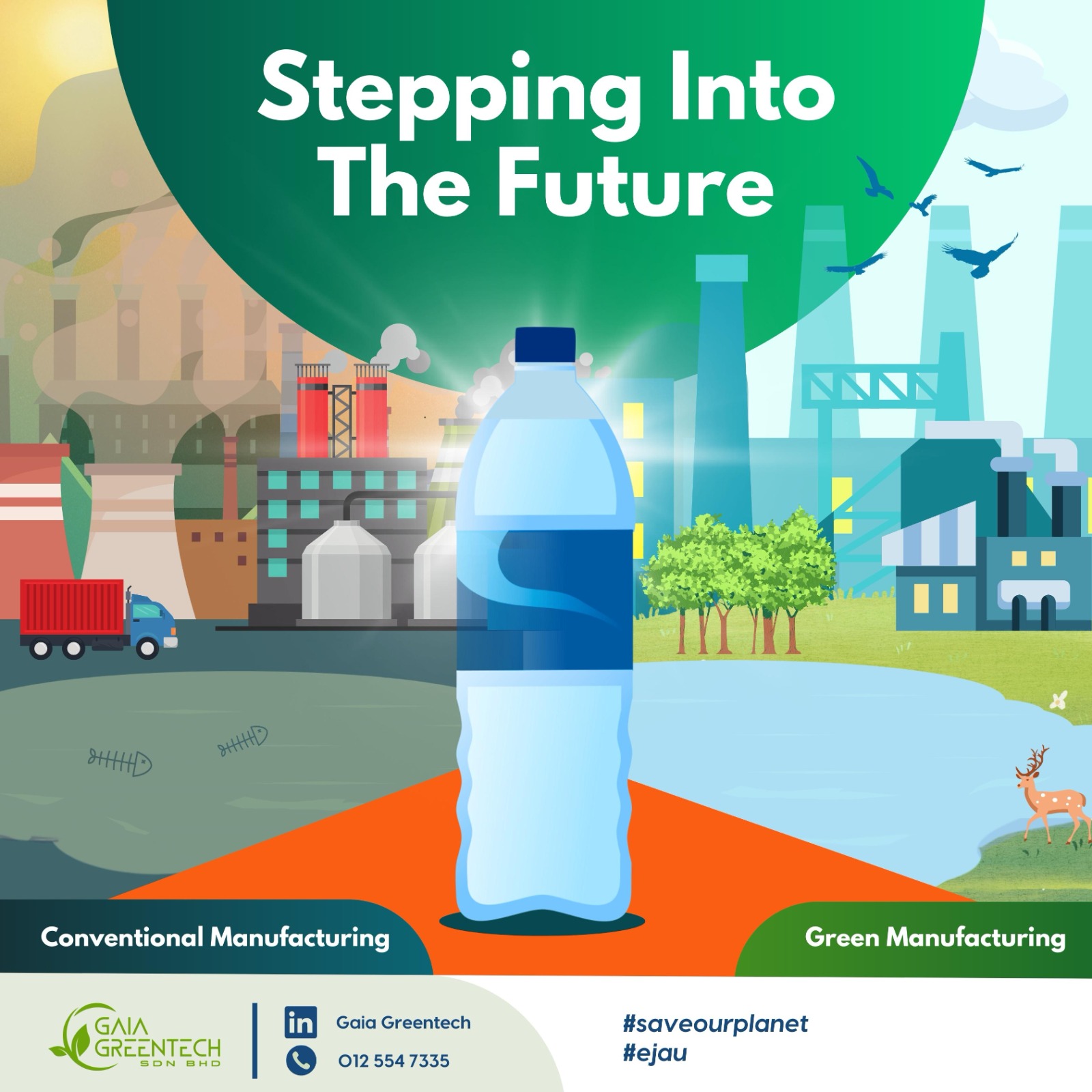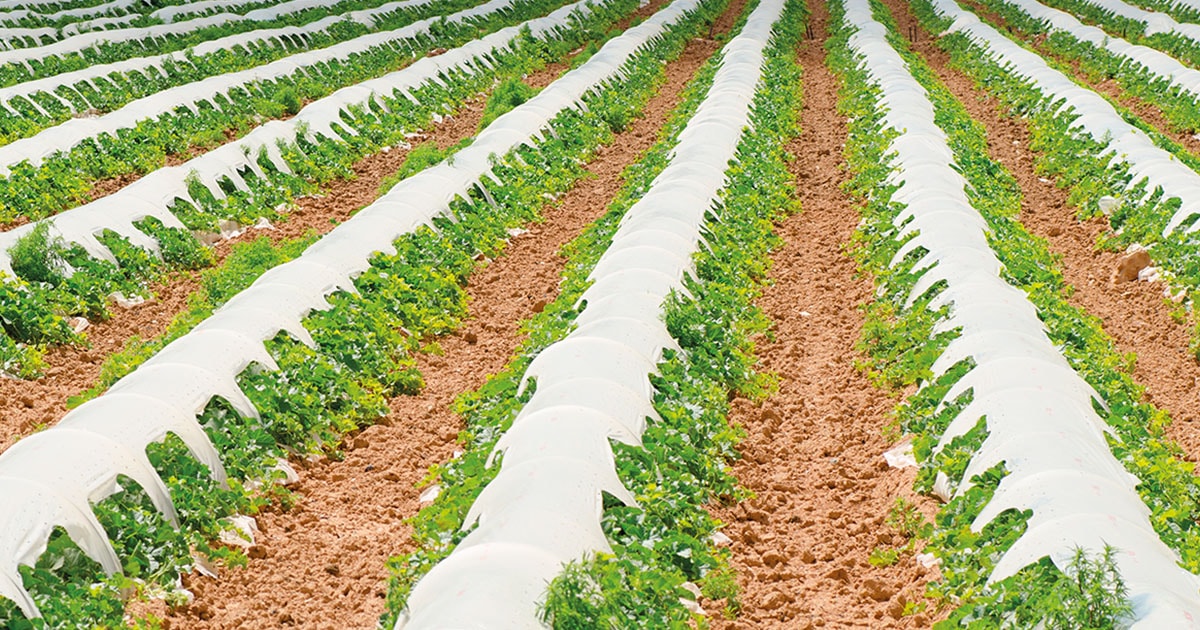How Bioplastic Aligns with UNSDG to Fight Plastic Pollution
Bioplastic is biodegradable material that is made from renewable sources and can reduce the problems of plastic waste that is suffocating the planet and polluting the environment. According to the United Nations Environment Programme (UNEP), 8 million tonnes of plastics end up in the oceans every year, and this is a serious issue since plastic pollution has a direct effect on human health. Study shows that toxins from plastics have entered the food chain that causes fish and wildlife to become intoxicated, subsequently threatening our health.
Bioplastic has been touted as one of the most ideal solutions to slow down plastic pollution in our world today.

Source: European Commission
In 2015, the United Nations adopted the Sustainable Development Goals (SDG) which is a collection of 17 interlinked global goals intended to be achieved by the year 2030. Out of the 17 goals, there are 3 specific goals that the innovation of bioplastic is particularly addressing. As we align Gaia Greentech to these 3 goals, we strongly believe in the potential of bioplastics evolving the manufacturing industry to create a more sustainable environment for all.
The three goals mentioned are:
Goal 9 - To build resilient infrastructure, promote inclusive and sustainable industrialization, and foster innovation.
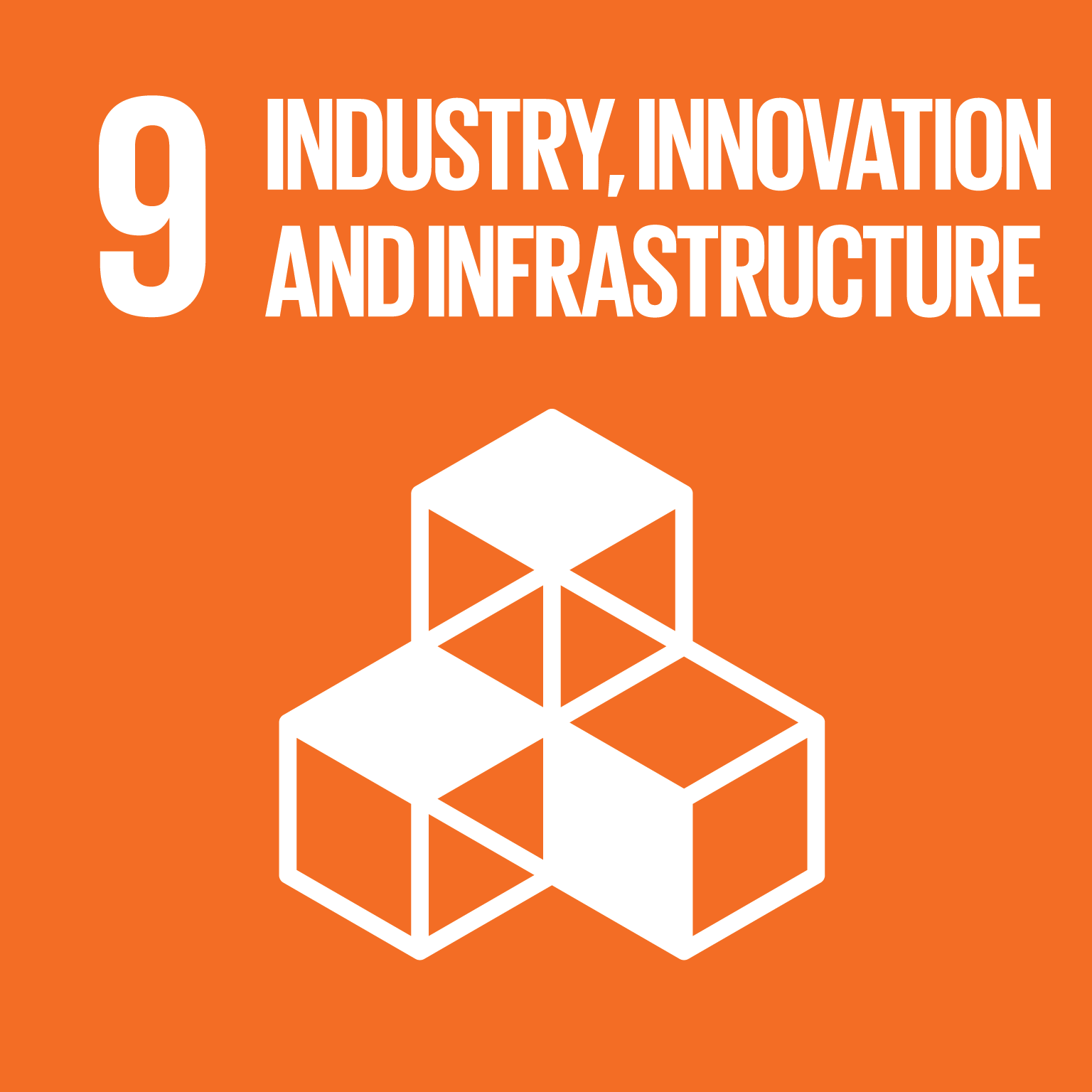
One of the key focuses of Goal 9 is to tackle plastic pollution. Bioplastic plays an important role in the new plastic economy as it stands to contribute to more sustainable commercial plastic life cycles as part of a circular economy. Its virgin polymers are made from renewable or recycled raw materials to reduce the reliance on unsustainable fossil fuel-based plastics. Goal 9 also highlights the need to change in the direction of sustainable bio-based plastic alternatives in order to achieve a circular economy, where all industrial activities are regenerative and restorable.
Goal 12 - To ensure sustainable consumption and production patterns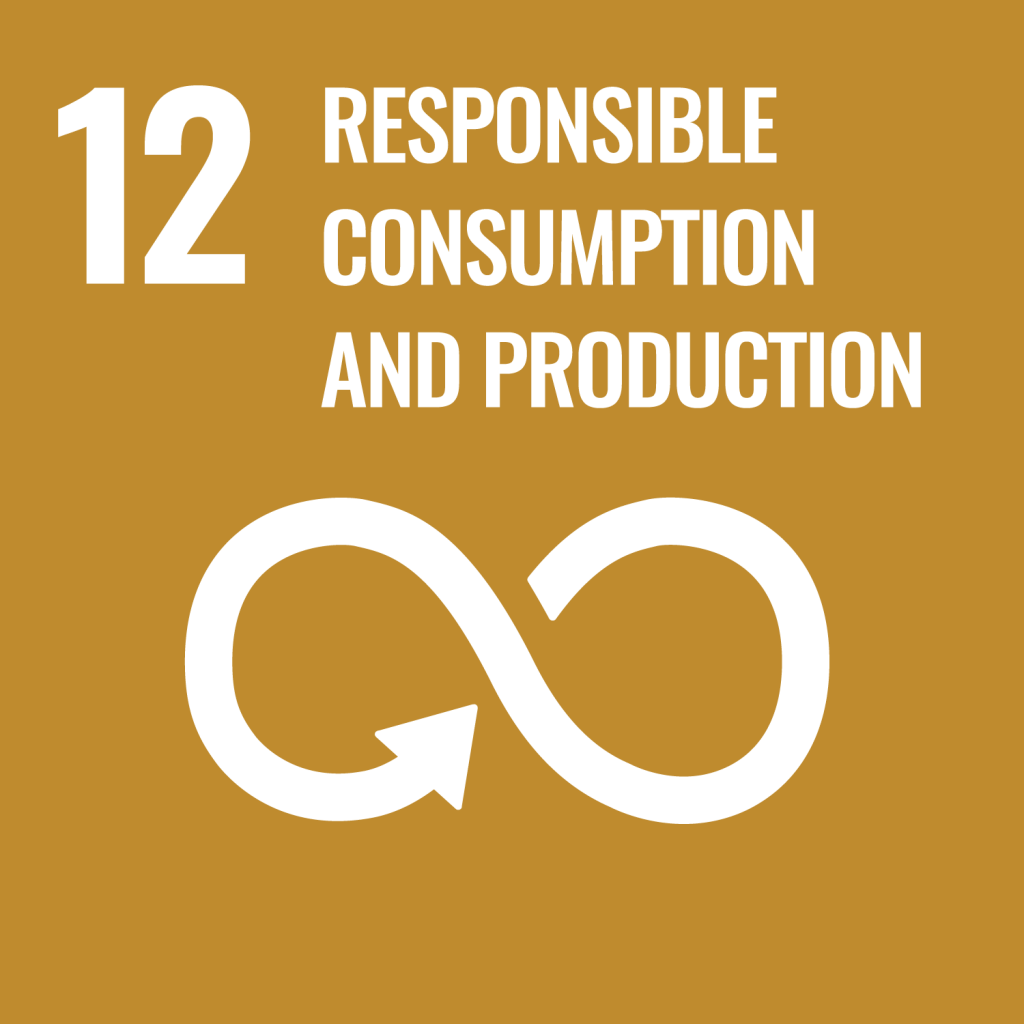
Goal 12 highlights that by decreasing the production and consumption of conventional plastics, and adapting sustainable bio-based plastic alternatives is a way to ensure sustainable consumption and production patterns. As mentioned in the circular economy, plastic usage and decisions need to be made rather than increase domestic recycling rates as the recycling rate will never solve the problem of massive production of single-use plastic. Adapting bioplastics and avoiding single use plastic are more reliable in helping the international community in achieving Goal 12.
Goal 13 - To take urgent action to combat climate change and its impacts
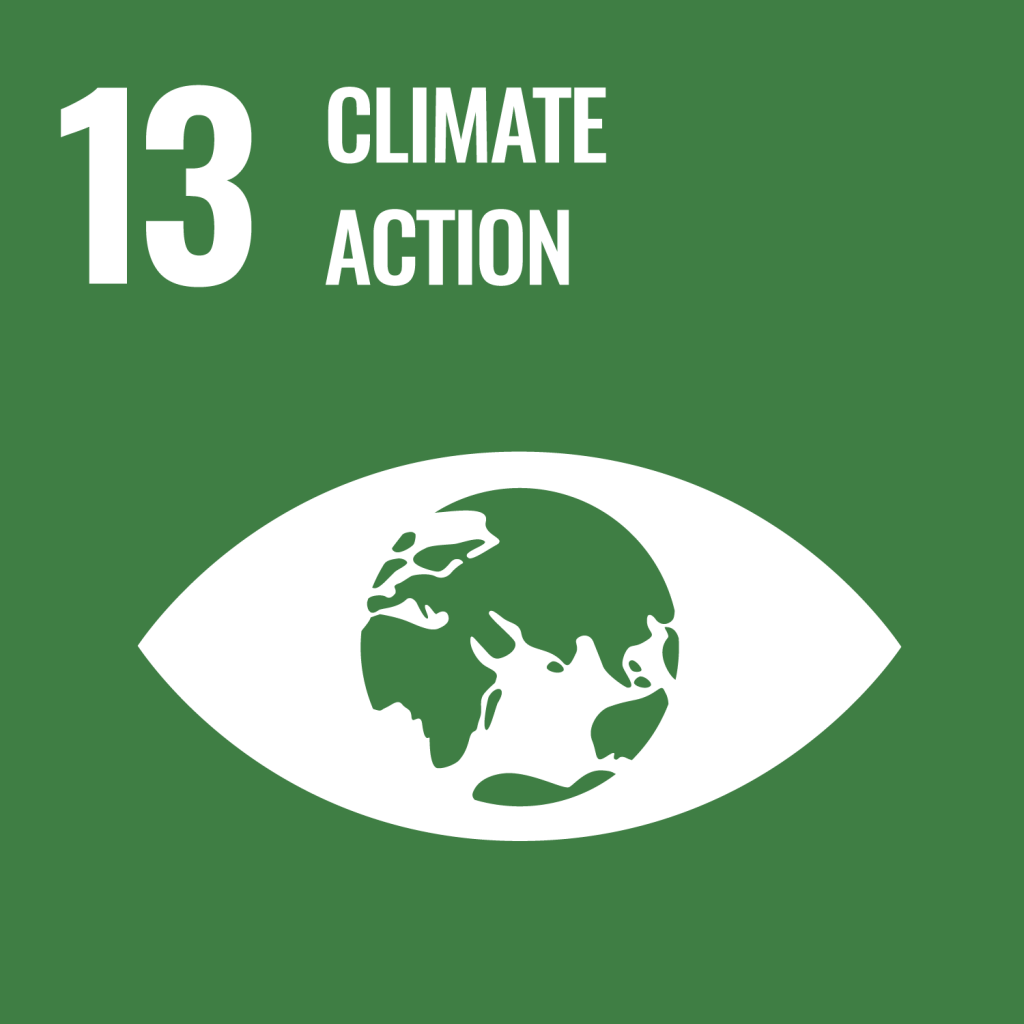
Goal 13 focuses on the awareness of climate change and global warming. Higher temperature and changing rain patterns are clear signs of climate change and this is due to greenhouse gases trapping more heat in the atmosphere. Bioplastic has proven significant results in producing fewer greenhouse gas emissions compared to traditional plastics. Manufacturers are helping to increase public’s familiarity with bioplastics by converting traditional plastic to bioplastic in their daily production.
It is apparent that plastic pollution is one of the main reasons why the United Nations are focusing on bioplastics because they play an important role in addressing the problem of plastic pollution. Gaia Greentech is fully aligned with the United Nations and SDGs, by developing sustainable innovative products for the market. We believe that both economic development and sustainability can be achieved at the same time.
Contact us to find out how Gaia Greentech can work with you to achieve that!

